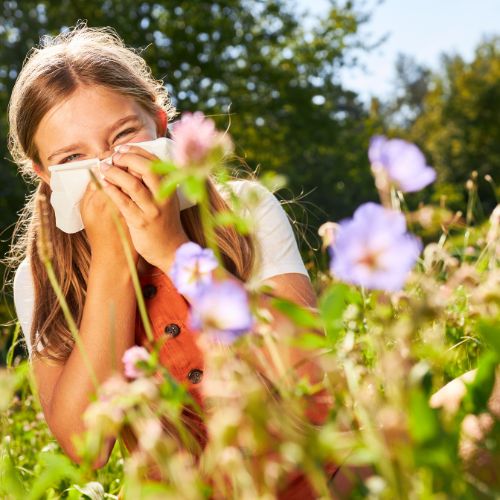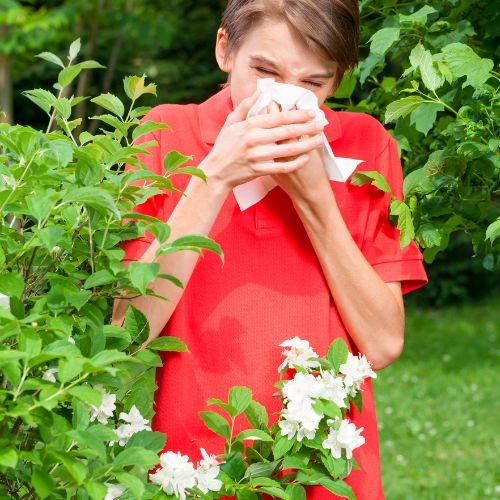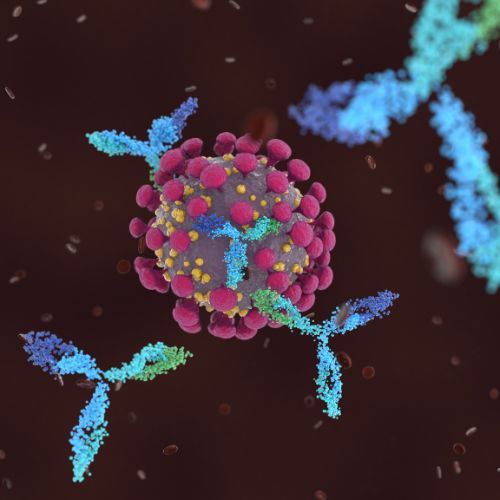Ayurvedic treatment for allergic rhinitis aims to balance the doshas, particularly “kapha” and “vata,” to relieve symptoms and restore harmony. This approach combines dietary changes, herbal remedies, lifestyle adjustments, and Panchakarma—a series of detoxifying therapies that cleanse the body of toxins and excess doshas.
By addressing both the symptoms and root causes, Ayurveda offers a comprehensive solution to improve respiratory health and reduce allergic reactions. Discover the transformative benefits of Ayurveda and Panchakarma with VEDICSUTRRA for effective management of allergic rhinitis.

Allergic rhinitis is a common ailment impacting individuals worldwide, including in India. It arises when the immune system reacts excessively to environmental allergens, leading to inflammation in the nasal passages. Key symptoms are sneezing, nasal congestion, itchy eyes, and a runny nose. Although traditional treatments such as antihistamines can offer short-term relief, Ayurveda provides a more profound approach that targets the root causes and may deliver longer-lasting results.
Allopathic treatments often focus on symptom management, but Ayurveda aims to balance the body’s doshas and improve overall health, potentially providing a more sustainable solution.
Seasonal allergic rhinitis, also known as hay fever, is caused by exposure to pollen and various other seasonal allergens. Ayurveda attributes this type of rhinitis to imbalances in the “vata” and “kapha” doshas. Symptoms such as sneezing, itchy eyes, and nasal congestion are addressed by balancing these doshas through diet, herbs, and lifestyle modifications.
Perennial allergic rhinitis persists throughout the year and is triggered by indoor allergens such as dust mites, mold, or pet dander. This condition is mainly linked to an excess of “kapha” dosha. Chronic nasal congestion, postnasal drip, and throat clearing are common symptoms. Ayurvedic treatment focuses on reducing excess kapha and strengthening the respiratory system to alleviate symptoms.
Sinus-related allergic rhinitis involves inflammation and congestion in the sinuses. It is associated with an imbalance in the kapha dosha, leading to mucus accumulation and sinus pressure. Ayurvedic remedies aim to clear excess mucus and soothe the sinus tissues.
Triggered by cold weather or abrupt temperature changes, this type of allergic rhinitis is linked to vata dosha imbalances. Symptoms include dry, irritated nasal passages and increased sensitivity. Ayurveda addresses this by using warming herbs and foods that balance vata and promote nasal health.
Some people experience allergic rhinitis symptoms in response to certain foods, often due to imbalances in the pitta dosha Symptoms may involve nasal congestion and a runny nose triggered by the consumption of particular foods. Ayurvedic treatment involves identifying and eliminating trigger foods and balancing pitta through diet and lifestyle changes.







Pollen, mold, dust mites, and pet dander are typical triggers. Ayurveda views these allergens as aggravating kapha dosha, leading to increased mucus and nasal congestion.

Variations in temperature and humidity can disrupt the balance of doshas. Cold weather may exacerbate vata dosha, causing dryness and irritation, whereas high humidity tends to aggravate kapha dosha, leading to increased mucus and congestion.

Smoke, pollution, and strong odors can irritate the nasal passages and disrupt dosha balance, particularly kapha and vata, leading to allergic reactions.

Heavy, oily, or mucus-producing foods such as dairy and processed items can increase kapha dosha. Spicy foods can also irritate the nasal passages if consumed excessively.

Stress, poor sleep, and inadequate self-care can weaken the immune system and disturb dosha balance, exacerbating allergic rhinitis symptoms.

A genetic predisposition to allergies can elevate the risk of developing allergic rhinitis. Ayurveda recognizes that a family history of allergies can significantly influence an individual’s likelihood of experiencing allergic conditions.

An overactive or weakened immune system can heighten sensitivity to allergens. Ayurveda focuses on strengthening the immune system through diet, herbs, and lifestyle practices.
The causes include environmental allergens, weather changes, irritants, dietary factors, lifestyle habits, genetic predisposition, and immune system weaknesses.
It works by balancing the doshas, particularly “kapha” and “vata,” through a combination of dietary adjustments, herbal remedies, and lifestyle changes to address the root cause and improve respiratory health.
Common symptoms of allergic rhinitis include sneezing, a runny nose, nasal congestion, postnasal drip, and itchy or watery eyes.
Reducing allergen exposure, managing stress, ensuring adequate sleep, and adopting a balanced diet can help maintain dosha balance and alleviate symptoms.
In Ayurveda, it is advisable to refrain from consuming rich, oily, and mucus-producing foods, such as dairy and processed products. Instead, focus on incorporating warm, light, and anti-inflammatory foods that help balance the doshas and promote optimal respiratory health.